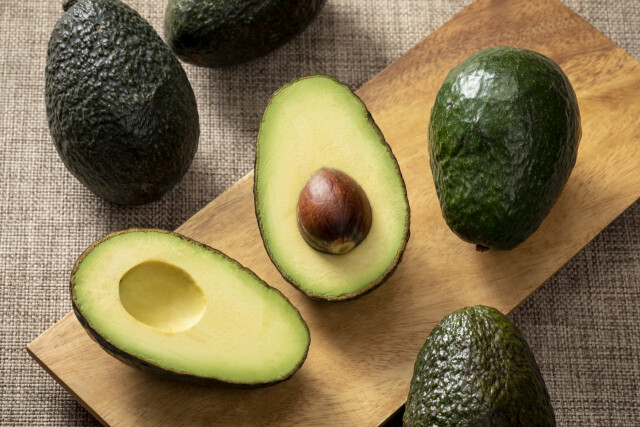
Asunción, Paraguay - South American country Paraguay is rapidly emerging as an avocado production hub. According to recent reports, Paraguay has achieved a remarkable annual production growth rate of 25% over the past three years, fueled by ideal climatic conditions, fertile soil, and strong demand in the international market.
Currently, avocado cultivation in Paraguay is mainly concentrated in the Itapúa, Alto Paraná, and Cordillera regions, with an annual production of approximately 7,500 tons.
According to a report by local media outlet Megacadena, the Paraguayan avocado industry generates approximately US$13 million annually, boasting a high profitability of up to 40% for experienced producers. This makes it a highly attractive alternative compared to traditional crops.
Experts predict that Paraguay's geographical advantages, with its production season aligning with strategic commercial windows in the international market, could position it as a major supplier during periods of global avocado shortages. In particular, the growth potential in high-demand markets such as Europe and North America is significant, according to analysts.
However, Paraguay still faces challenges in developing a successful avocado export industry. Grower education, financing, and the establishment of an efficient logistics system are identified as pressing issues. Overcoming these challenges and securing competitiveness will enable Paraguay to play a significant role in the international avocado market, it is anticipated.
Paraguay's Agricultural Status: Paraguay is traditionally an agricultural nation, with soybeans, corn, and sugarcane as its main crops. In recent years, avocado has gained attention as a new growth engine as the country seeks agricultural diversification.
International Avocado Market Trends: With increasing global interest in health, the demand for avocados is steadily rising worldwide. Major avocado-producing countries include Mexico, Peru, and Colombia, and recently, new producing countries such as Paraguay are entering the market, intensifying competition.
Paraguay's Competitiveness: Paraguay is expected to secure price competitiveness based on its relatively low production costs and favorable climatic conditions. Additionally, analysts suggest that leveraging its harvest season, which differs from other avocado-producing countries in South America, could enhance its market competitiveness.
Future Prospects: The Paraguayan government and related industries are planning active investments and support for the development of the avocado industry. In the long term, Paraguay is highly likely to grow into a new major supplier in the international avocado market.
Superfood Avocado, Delicious and Nutritious... Sustainable Consumption is Key
With the recent increase in health awareness, avocados, often called "forest butter," are gaining immense popularity worldwide. Their smooth texture and savory taste, along with their rich content of various nutrients, have made them a celebrated superfood. They are not only used in various dishes such as salads, sandwiches, and guacamole, but also widely used in oil form, expanding their range of applications.
Rich Nutrients, Powerful Health Benefits
Avocados are rich in unsaturated fatty acids, which can help lower blood cholesterol levels and prevent cardiovascular diseases. They also contain abundant vitamins such as Vitamin K, Vitamin C, and Vitamin E, as well as minerals like potassium and folate, offering various health benefits including strengthening the immune system, maintaining skin health, and improving nerve function. In particular, they are rich in lutein and zeaxanthin, essential for eye health, making them an even more necessary food for modern people who frequently use digital devices.
Global Avocado Market Growth... Securing Sustainability in the Production Process is a Challenge
As global avocado consumption increases, the global avocado market is steadily growing. Major producing countries include Mexico, Peru, and Colombia, and recently, new producing countries like Paraguay are entering the market, intensifying competition. However, concerns are also being raised about the environmental problems associated with the avocado production process. In particular, the water-intensive cultivation method of avocados is exacerbating water scarcity issues, and excessive pesticide use and deforestation are pointed out as potentially having negative impacts on the ecosystem.
Efforts Needed for Sustainable Avocado Consumption
While the health benefits and taste of avocados are undoubtedly attractive, awareness and efforts regarding the environmental issues arising from the production process are necessary for sustainable consumption. Consumers can choose avocados produced in an environmentally friendly manner or consider alternative foods using local agricultural products. Additionally, producers must fulfill their environmental responsibilities by adopting cultivation methods that reduce water usage and practicing eco-friendly farming.
Avocado, an attractive fruit that offers not only delicious taste and rich nutrition but also health benefits. From now on, consuming ethically and sustainably produced avocados will become even more important.
[Copyright (c) Global Economic Times. All Rights Reserved.]



























